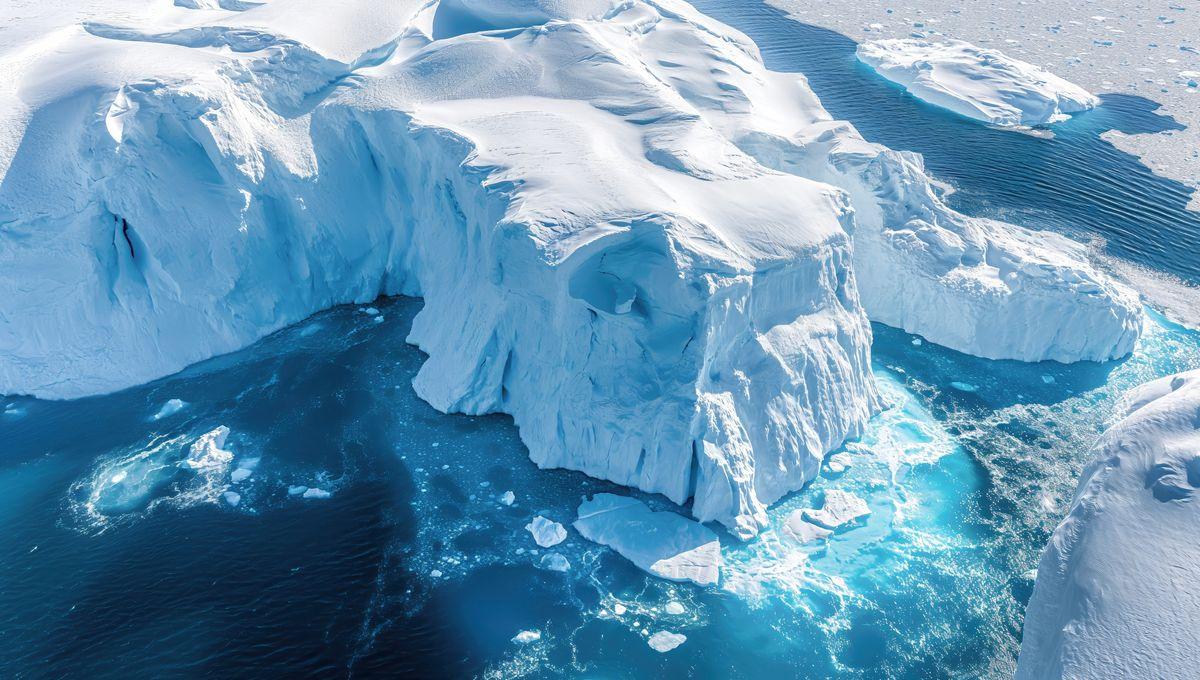-
Feed de notícias
- EXPLORAR
-
Páginas
-
Blogs
-
Fóruns
Atmospheric Rivers Over Antarctica Could Double By 2100 Due To Climate Change

Atmospheric Rivers Over Antarctica Could Double By 2100 Due To Climate Change
With our planet’s changing climate seeing increased levels of moisture in the atmosphere, new research using climate simulations has suggested that this could have a significant impact on Antarctica, with the continent predicted to experience twice as many extreme “atmospheric river” weather events by the end of the century.
Atmospheric rivers are often described as “rivers in the sky”; they’re narrow, flowing columns of condensed water vapor up in the atmosphere. When they reach land, that water vapor cools down and is dumped below in the form of rain or snow. Perhaps the best-known example of this phenomenon is the “Pineapple Express”, which is thought to deliver up to 50 percent of the rain and snow that falls on the US West Coast – but they’re a crucial part of the water cycle across the globe, including in Antarctica. But those over the icy continent, the authors of the new study write, are “highly sensitive to future increases in atmospheric moisture”. Using high-resolution climate simulations, the researchers found that, in a future where there has been minimal-to-no effort to reduce emissions, there would be an “exponential increase” in atmospheric moisture over Antarctica from the present day up to 2100. The result of the increase, the simulation predicted, could be that the frequency of atmospheric rivers over Antarctica doubles by the end of the century, with the precipitation that these events bring increasing by 2.5 times between 2066 and 2100. While the researchers acknowledge that there are some limitations to the methods used, the results may still be significant. That’s because what happens in Antarctica can have global consequences; whether or not it rains or snows can affect whether or not there is surface ice melting or replenishment, and in turn, that can affect the stability of the continent’s ice. That stability is no small thing – about 60 percent of the world’s fresh water is locked up in the Antarctic Ice Sheet. If all of it were to melt, there’d be a 70-meter (230-foot) rise in the global sea level. “Because atmospheric rivers deliver massive precipitation to Antarctica and significantly impact snowfall variability, understanding their future patterns is crucial to projecting Antarctica’s contribution to sea level rise,” said study author Michelle Maclennan, who works as a climate scientist at the British Antarctic Survey, in a statement. Maclennan and the team found most of the predicted precipitation will fall as snow, which could help to temporarily reduce Antarctica’s contribution to rising sea levels. That doesn’t mean melting is out of the question, however – rainfall was predicted to increase in some areas that are already vulnerable, such as the Antarctic Peninsula. Antarctica isn’t the only place that could see atmospheric river-related changes in the future. Last year, researchers found that atmospheric rivers have shifted towards Earth’s poles, which could see areas that rely on the phenomenon for precipitation instead facing drought and heatwaves. The study is published in Communications Earth & Environment.


